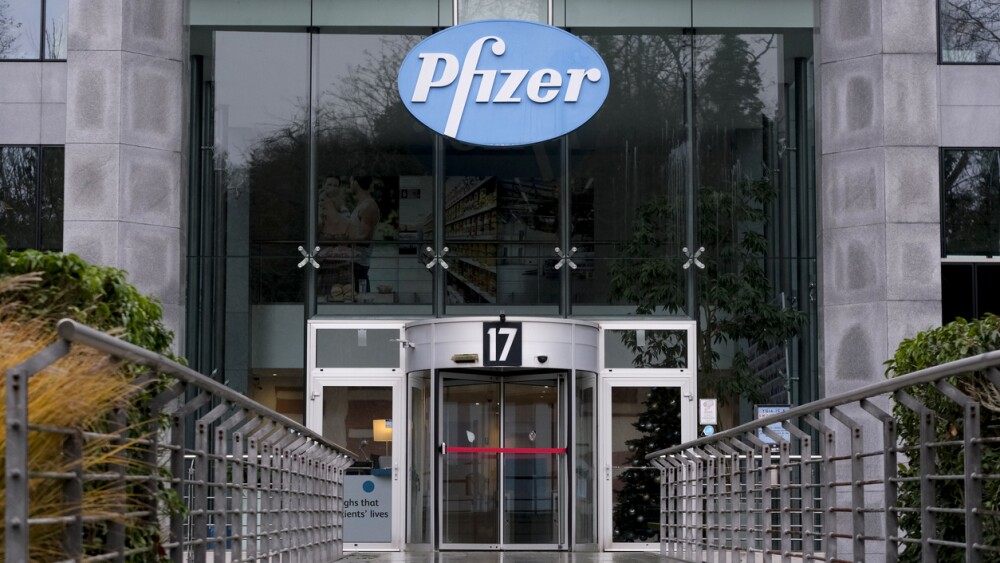Thursday afternoon, Bellicum announced it will pause the development of its BCMA GoCAR-NK program and will also discontinue discovery research and new product development.
Shares of Bellicum Pharmaceuticals plunged following the company’s announcement it will slash 79% of its employees as part of a restructuring following the developmental pause for one CAR-T program. The company plans to focus remaining assets on the development of another program that may be more promising.
The road to the development of Houston-based Bellicum’s cancer therapeutics has been a tough one beset by financial issues that include the sale of its manufacturing facility to MD Anderson and, in January, a reverse stock split. The announced restructuring seems to be the last straw for investors. Bellicum’s stock fell 7% Thursday following the announcement and has continued to fall in premarket trading. This morning, before the opening of trading, shares of Bellicum stock were down more than 32% to $3.90 per share.
Thursday afternoon, Bellicum announced it will pause the development of its BCMA GoCAR-NK program and will also discontinue discovery research and new product development. The company is putting its eggs into two baskets, including one for the company’s Phase I/II GoCAR-T product candidate known as BPX-601. Bellicum’s path to develop this asset may continue to be rocky though. In its announcement, the company shared some interim data from the study and Bellicum clearly noted that “clinically meaningful efficacy as measured by RECIST criteria was not observed.” And that most certainly contributed to the mass exodus of investors.
BPX-601 is being developed for patients with relapsed/refractory metastatic pancreatic cancer. Findings from the first four patients treated with BPX-601 followed by repeat rimiducid dosing showed evidence of rimiducid-mediated CAR-T cell activation. But, that’s when the company noted the lack of clinically meaningful efficacy. Still, Bellicum intends to push forward. The company said it will continue to enroll patients in the study and will then review its plans in pancreatic cancer upon completion of the current safety cohort.
The other asset Bellicum will pursue is BPX-603, the company’s first dual-switch GoCAR-T candidate. Bellicum expects to initiate enrollment of patients with HER2+ solid tumors in a Phase I/II clinical trial by the end of the year as well.
Rick Fair, president and chief executive officer of Bellicum Pharmaceuticals attempted to put a positive spin on the announcements. He said the results observed from an interim analysis of the BPX-601 study are encouraging in terms of safety and “GoCAR-T cell activation, proliferation, and persistence.” He said the company is eager to investigate its assets in new tumor types like mCRPC and against established target antigens like HER2.
Regarding the cuts the company must make in order to finance the continued development of the two assets, he said the company concluded it must reduce spending on preclinical programs and shift its resources to enable achievement of meaningful milestones in the clinic.
“We regret the impact this unavoidable decision will have on our departing employees and we sincerely thank them for their contributions and dedication,” Fair said in a statement.
In total Bellicum will reduce its staff from 68 to 14 full-time employees by the end of 2020. This will cost the company about $2.5 million in severance pay. The company will also pay down all of its Oxford Finance debt obligations. It will use available cash on hand to cover $27.4 million in principal plus applicable fees and accrued interest. These actions are expected to reduce the company’s expenses and extend its cash runway. The company now expects annual cash utilization of $25 to $30 million, Bellicum said.






